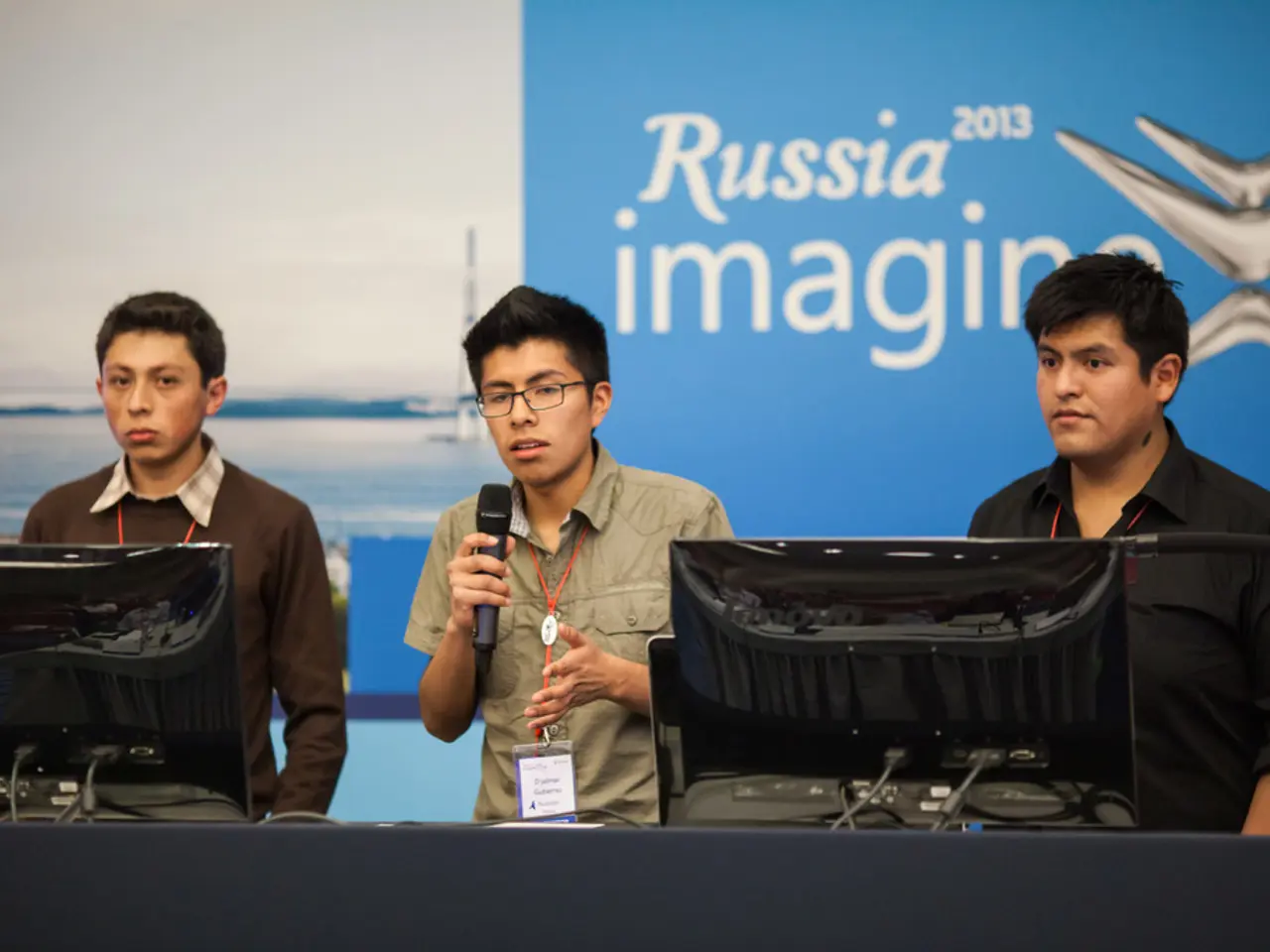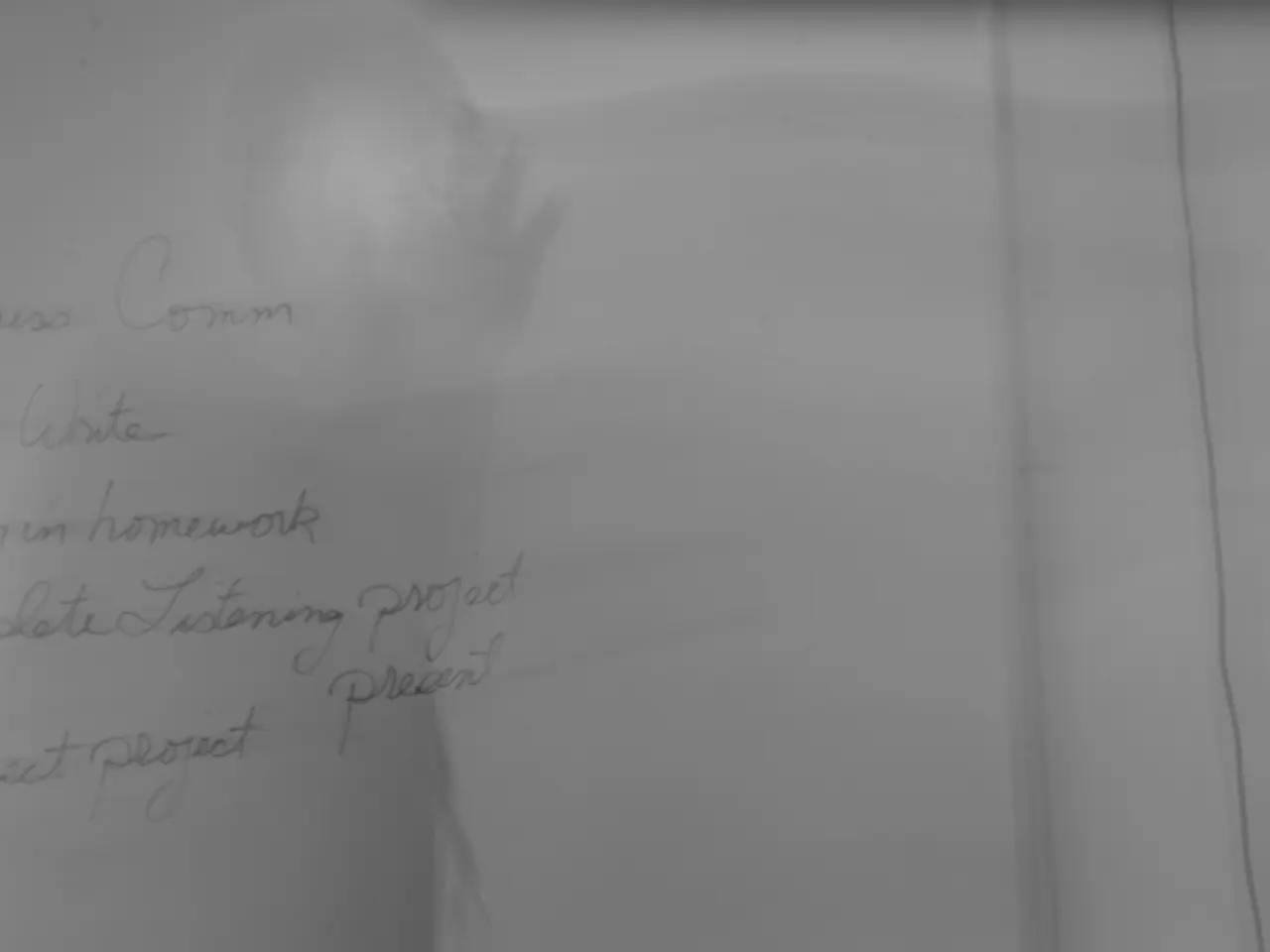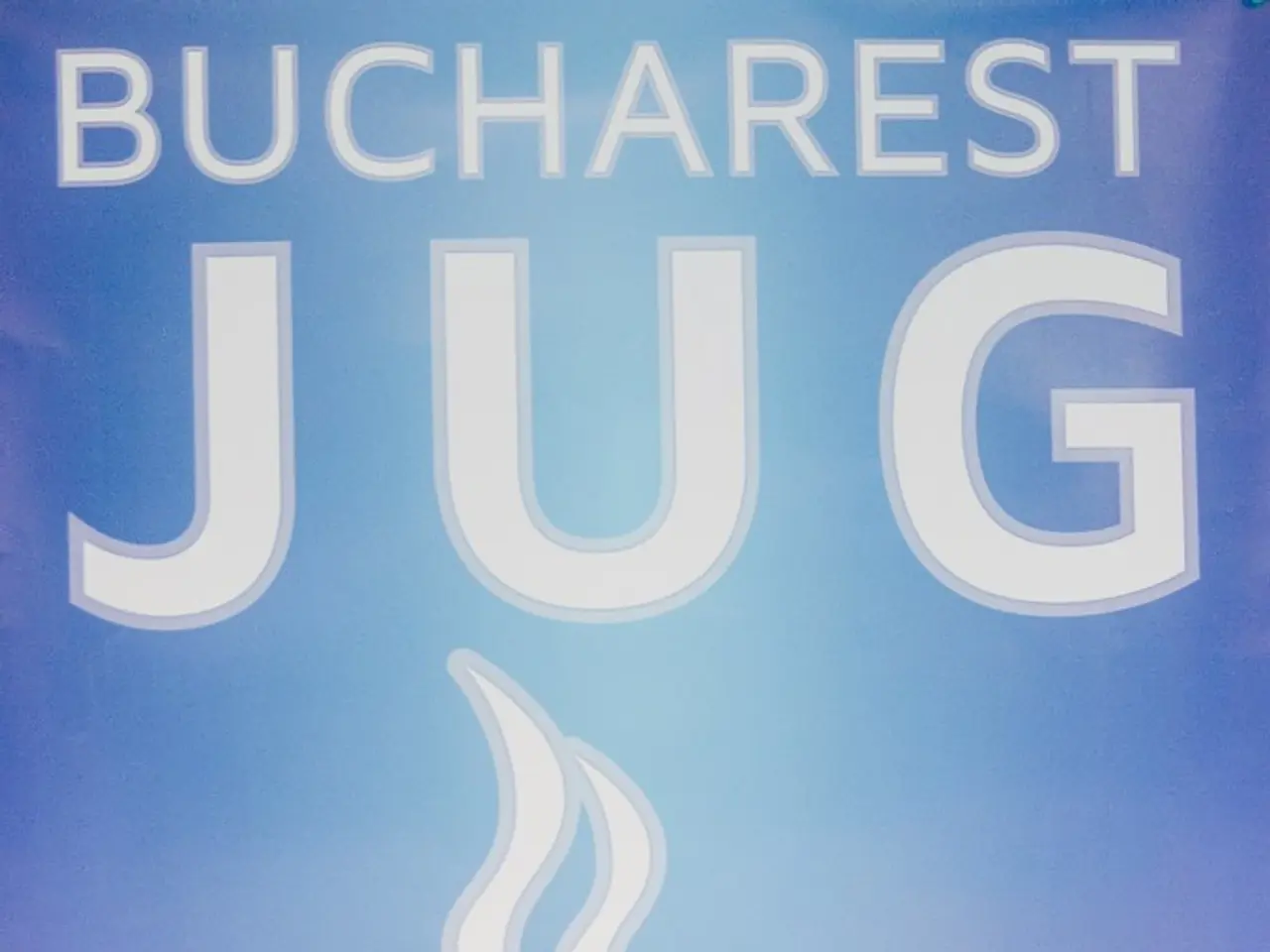Economic crisis looming for Russia: Will it spark a catastrophic collapse?
Russian Economy Struggles: A Stormy Journey Ahead
Get ready for an economic rollercoaster ride with Russia! After two years of whopping state spending on weapons and infrastructure, resulting in growth of 3.6% in 2023 and 4.3% in 2024, you'd expect a smooth sailing ahead. But things aren't as they seem. The country is unexpectedly slipping into a recession, and economic and financial ministers Maxim Reshetnikov, Anton Siluanov, and Elvira Nabiullina admitted this frankly during a recent Economic Forum in St. Petersburg. So, what's causing this sudden economic downturn, and how much do Western sanctions play a part?
Inflation, Debt, and a Struggling Economy
It's clear as day: Russia's GDP growth slowed dramatically from over 4% in the first quarter of 2025 to a mere 1.4%. The inflation rate stands officially at 10%, far higher than the target of 4%, which further dampens already low investment in the economy. The key interest rate was recently lowered from 21 to 20%, but still remains extremely high, suppressing private investment.
Interestingly, new data shows that US LNG for EU is now twice as expensive as Russian gas. Ouch!
International institutions confirm the trend: the IMF, World Bank, and OECD all predict real GDP growth of only 1.4% in 2025 and 1.2% in 2026, with inflation remaining high at nearly 10%. This means that, factually, we're looking at an extended economic stagnation—even though a recession, or negative economic growth, has not yet been reached.
The Culprit: An Unsustainable Spending Policy
The main problem lies in the fact that the massive spending policy of the last two years simply wasn't sustainable. While short-term high growth was enabled by significantly increased war spending, private investment and consumption remained weak. Though the economy's capacities were briefly used to their fullest, long-term consequences, such as high inflation and rising public debt, are now showing.
Demographic Developments and Technological Limitations
The situation is further complicated by demographic developments. Nikolai Kulbaka, an economist at the Russian Academy of National Economy, explains that the number of working-age population has been decreasing for years, and not just because of Ukraine. Many companies are overwhelmed by the high utilization of production facilities. However, access to modern technology and innovations from abroad is severely restricted due to Western sanctions. While Russia imports consumer goods through alternative routes, technology imports remain limited, stagnating the country's economy.
Poverty on the Rise
Unfortunately, more and more Russians find themselves living in poverty. According to official data, the number of people below the poverty line was 11.9 million in the first quarter of 2025, a sharp increase of 4.2 million since the end of 2024. The poverty line, regularly recalculated and adjusted for inflation, significantly contributes to the recent sharp increase in poverty numbers.
Despite Finance Minister Siluanov's promises of keeping the tax burden stable, the Russian government has repeatedly introduced indirect tax increases in recent years, putting a heavy burden on companies and citizens alike.
The Budget: A See-Saw Dance
Siluanov admitted at the Economic Forum in St. Petersburg that the state budget is currently seeing extreme fluctuations. Lower oil and gas revenues are the main culprit, with a 35% drop in oil and gas revenue from the previous year in May. Energy Minister Alexander Novak has called for a further reduction in the key interest rate and a transition from a "controlled cooling" to a renewed "heating" of the economy. However, whether this will be enough to avoid a full-blown recession remains uncertain.
Many observers estimate that Russia's ability to fund its military and political ambitions is increasingly in question, with Torbjörn Becker, director of the Stockholm Institute of Transition Economics, warning that Russia's economy is under significant pressure, making long-term financing difficult.
In conclusion, Russia is currently facing a multifaceted economic crisis, with high inflation, growing poverty, and military spending raising serious concerns about the long-term stability of the country, especially considering the ongoing war in Ukraine.
In the midst of this economic turmoil in Russia, the finance ministry has been forced to rely on 'of a kind used' financial measures to maintain some level of stability. The unstable budget, for instance, has resorted to a 'see-saw dance' of indirect tax increases and cuts in key interest rates, but the effectiveness of these measures towards avoiding a recession remains unclear.




